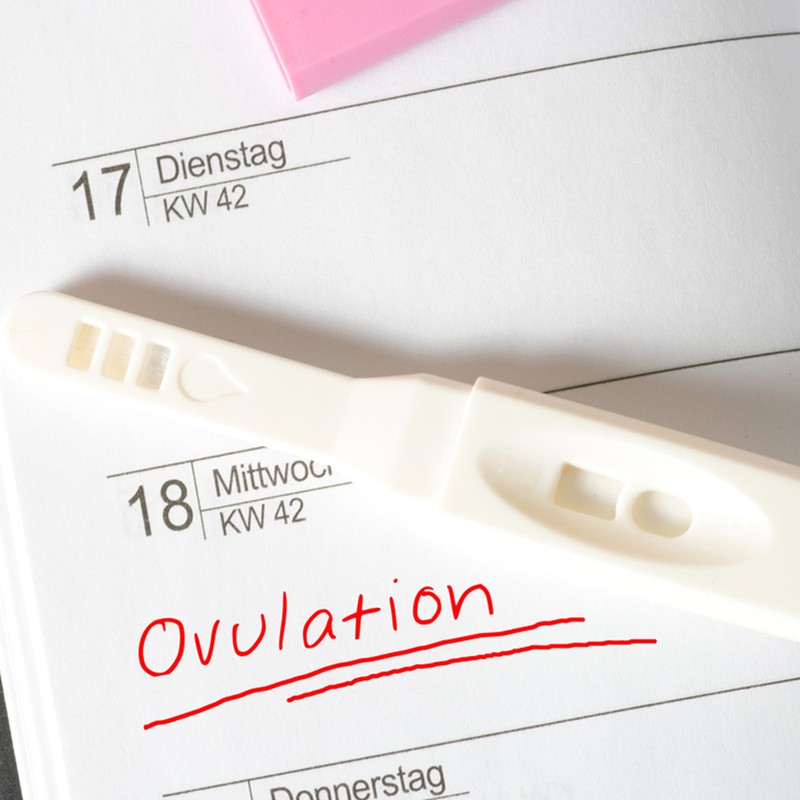Ovulation 101: What To Know & Lifestyle Tips That Can Help
Let’s go back to basics – what exactly happens at the point of ovulation?
“Ovulation is considered one of the most important events during our menstrual cycle. Each cycle, a group of immature eggs in the ovaries start gearing up to undergo the process of maturation, however, within a few days, only one of them will be picked as the chosen one that will reach full maturity while the others will stop growing. This chosen one is called the dominant follicle and will be released from the ovary, travelling into the fallopian tubes – this process is called ovulation and the egg may be fertilised if it encounters a healthy sperm. If more than one egg is released and fertilised, this leads to (non-identical) twins. Ovulation usually happens during the middle of your cycle (anytime from 11-16 days after your period starts) if you have a regular period. However, the day of ovulation is dependent on the length of your cycle and can also vary from cycle to cycle, particularly if you don’t have regular periods.” – Dr Helen O’Neill, founder of Hertility
So, is ovulation when you’re most fertile?
“If you’re trying to conceive, it’s important to understand your fertile window, which opens around three to five days before ovulation and continues to a point approximately one day after ovulation. When you’re trying to conceive, the goal is to have sperm waiting for the egg when it’s released. The best-case scenario is to have sex a few days before you ovulate. Healthy, fertile-quality cervical fluid will keep sperm nourished in the vaginal canal until the egg starts making its way through the fallopian tube, where it can be fertilised. If you only had one single shot at timing intercourse to conceive, two days before ovulation is likely a great strategy as that means there will be viable sperm available for the egg.” – Dr Kalea Wattles, naturopathic doctor specialising in fertility & functional medicine
What are the key signs of ovulation?
“An ovulation predictor kit (OPK) is great for anticipating when ovulation will happen, but it can’t confirm that ovulation actually took place. An OPK detects a hormone called luteinizing hormone (LH) in the urine. This is the signal that comes from the brain, triggering the ovary to release an egg. When you get a positive OPK, you will most likely ovulate within a day or two. This helps you make sure you’re having sex at the right time of your cycle, right before you ovulate. Now here’s the catch: your brain might signal to the ovary to release an egg, but that doesn’t mean the ovary will listen. We might get a surge of LH and then nothing happens. Or, we may have higher levels of LH every day (common in PCOS) but we don’t actually have an egg that’s mature enough to ovulate successfully.” – Kalea
Is there anything else can you look out for?
“Ovulation feels different for every woman: some may not notice it go by, others physically feel pain when the egg is released. Getting to know your body is a great way of learning the signs. Checking in on your reproductive hormones and thyroid is also important for ensuring hormonal balance. Signs to look for include…
1. Cervical Mucus
The consistency of cervical mucus changes across your menstrual cycle. As you approach ovulation, it may become more clear and slippery, often described as an egg white consistency. However, it can be affected by many other factors, such as infections, sex and medications, and may naturally alter within each cycle, which is why relying on this method alone might not be accurate.
2. Basal Body Temperature (BBT) Charting
Taking your temperature daily when you’re at complete rest (usually done the second you wake up) can be used to predict ovulation as there’s a small rise in BBT after ovulation. However, BBT can easily be affected by factors such as sleep changes, alcohol consumption, infections and falling ill.
3. Ovulation Pain
Some women experience pelvic or abdominal pain around the time of ovulation, and this pain tends to be one-sided in the lower abdomen.
4. Cycle Tracking Apps
App-based fertile window predictions may not always take into account current cycle variations or factors that may impact your cycle. They are also reliant on the accuracy of the information you put in, which is why you should be careful with relying on them, especially if you are actively trying to avoid pregnancy.” – Helen
Can you have a period but not ovulate?
“Yes, this is called an anovulatory cycle. Anovulatory cycles are more common when girls first start their periods and later in life during the transition to menopause. They are also more likely in women with very short (under 21 days) or long (over 35 days) cycles, and in women who have conditions such as PCOS or hypothalamic amenorrhea.” – Helen
What are the biggest factors that hinder ovulation?
“It’s not uncommon to experience a sporadic anovulatory cycle, even though you’re generally healthy. This may be due to fever or illness (our bodies are wise, it’s not safe to reproduce when we have a fever, and often, your body will wait it out until the coast is clear) or travelling, especially into a different time zone, which can disrupt your circadian rhythm, which in turn can affect the hormones responsible for ovulation. Stress is also a big contributor to delayed ovulation, and stress can mean so many things. It’s anything the body perceives as stressful: acute emotional stress (for example, a deadline or break-up), a physical stress/injury, or sudden changes to body weight. Anything that may make your nervous system feel like, ‘You know, now is not really the time to think about reproducing.’ Other factors – such as PCOS, thyroid disorders, a long-term energy deficit or anaemia – may also cause chronic anovulation. In this case, subfertility may result from a lack of ovulation cycle after cycle.” – Kalea
If you have PCOS, does this make ovulation more difficult?
“In PCOS, we see an ovary that’s full of lots of tiny developing eggs, but none of the eggs are mature enough to ovulate. This is why OPKs don’t work very well for many people with PCOS. Remember, luteinizing hormone (LH) is the message that comes from the brain to trigger ovulation from the ovary. This is the hormone detected by an OPK. In PCOS, LH tends to be high day after day because the brain is pushing the ovaries to ovulate, but they aren’t ready yet. This will result in an OPK that is positive almost every day, which is frustrating when you’re trying to get pregnant. To restore ovulatory function, it’s important to explore the root cause of PCOS symptoms. For many, this is anchored in insulin resistance. We also often see adrenal dysfunction, excessive inflammation and intestinal hyperpermeability.” – Kalea
If you’ve come off the pill, can this affect ovulation?
“Post-pill amenorrhea can be frustrating for those who want to conceive shortly after discontinuing their birth control pill. Most studies report transient delays in a return to fertility, generally ranging from two to six months following discontinuation. What I see is that hormonal contraceptives might mask other causes of anovulation, like PCOS, ovarian insufficiency, or hypothalamic amenorrhea, and those things take time to evaluate and treat. In general, most women who discontinue the birth control pill will fall pregnant within a year if they are trying to conceive.” – Kalea
“Hormonal birth control pills contain synthetic forms of the hormones produced by the ovaries and work by stopping ovulation. Once you come off them, you should start ovulating again. However, for some, it can take up to three months for cycles to return to normal. A 2018 study found that 87% of people got pregnant within 12 months of stopping the pill. If you haven’t started ovulating after three months, it could be a sign there may be an underlying issue, and you should get it checked out by a doctor.” – Helen
What can you eat to support healthy eggs?
“A Mediterranean style diet is often recommended for couples who want to improve egg quality and optimise fertility. I recommend a Mediterranean diet to my patients who are trying to get pregnant for the first time as well as those who are using fertility treatments like IUI or IVF. Try to emphasise consumption of fruits and vegetables – eat the rainbow and ideally include some fermented veggies, too. And make sure you’re eating plenty of omega-3 fatty acids, which are anti-inflammatory, support cell membranes, stabilise blood sugar and may even improve fertility by maintaining healthy blood viscosity (ensuring good blood flow to the uterus). Also focus on food sources of vitamin B6 and folate – think leafy greens, cruciferous veggies, beans, chicken and turkey, which are crucial for optimal fertility, and eat plenty of fibre from vegetables and wholegrains to keep the bowels moving and blood sugar balanced.” – Kalea
What about supplements?
“There are so many supplements out there that contain nutrients in quantities that wouldn’t have much of an impact. It’s also helpful to understand why you’re not ovulating so you know which supplements to take and which you don’t need. For example, if you have PCOS, studies have shown inositol can help regulate ovulation, however you need to be taking 4,000mg to be effective. If you’re planning on getting pregnant, you’ll need to take a daily folic acid supplement, as well as eating high-folate foods. You should take 400mg of folic acid every day before you’re pregnant and until you’re 12 weeks pregnant.” – Jodie Relf, registered dietitian, PCOS specialist & brand ambassador for MyOva
“Anyone who is actively trying to conceive, or looking to conceive soon, should be supplementing with folic acid and vitamin D. Different brands of prenatal supplements contain different nutrients, therefore you might like to look out for a supplement that contains zinc, CoQ10 and vitamin C to support ovulation. If you don’t eat two 140g portions per week of oily fish, then you may consider taking a daily 450mg EPA/DHA omega-3 fatty acid supplement to promote ovulation.” – Helen
Is there anything else that can help?
“Acupuncture is great for helping to regulate ovulation and studies have confirmed that women with PCOS who receive regular acupuncture do see improvements in ovulation. Exercise is also a great form of therapy as are stress management techniques – both often overlooked but incredibly beneficial. If you are struggling to regulate your cycle and are experiencing anovulatory cycles, then consider making positive lifestyle changes first and perhaps work with a dietitian who specialises in fertility. If you still feel you’re struggling after making lifestyle changes, you may benefit from chatting to your GP about other treatment options. Medication such as Clomid and Letrozole can help stimulate ovulation, although they come with side effects and are far more effective when combined with lifestyle changes.” – Jodie
Shop These Expert Approved Products...
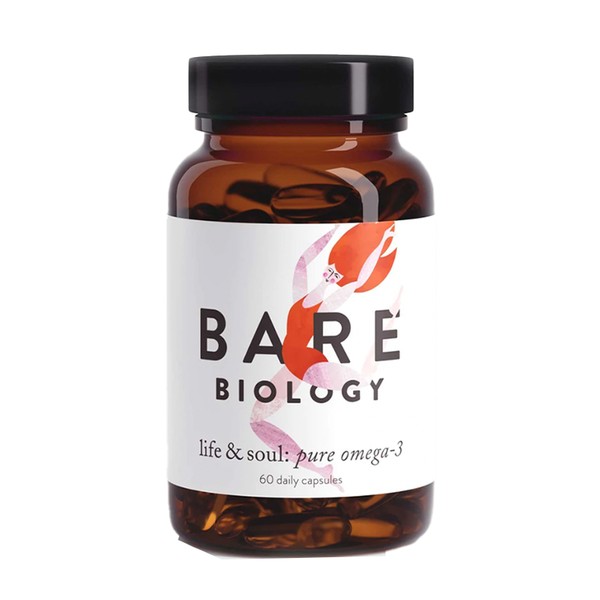
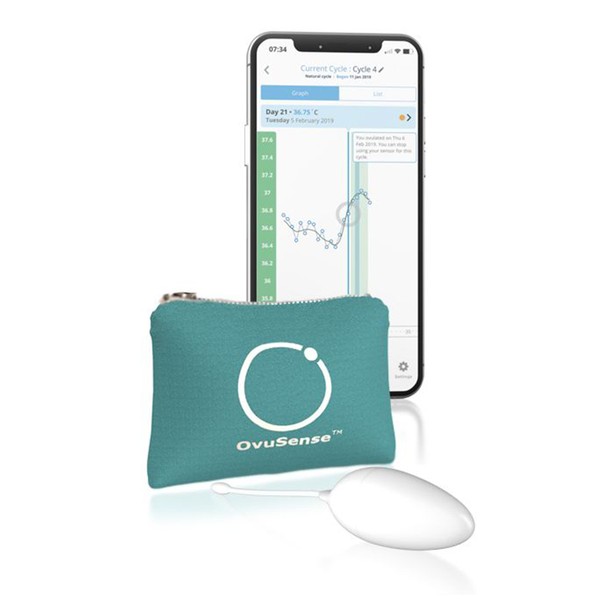
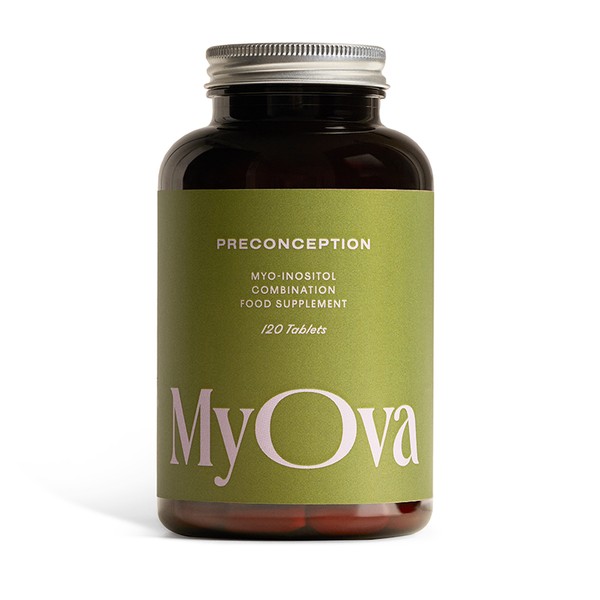
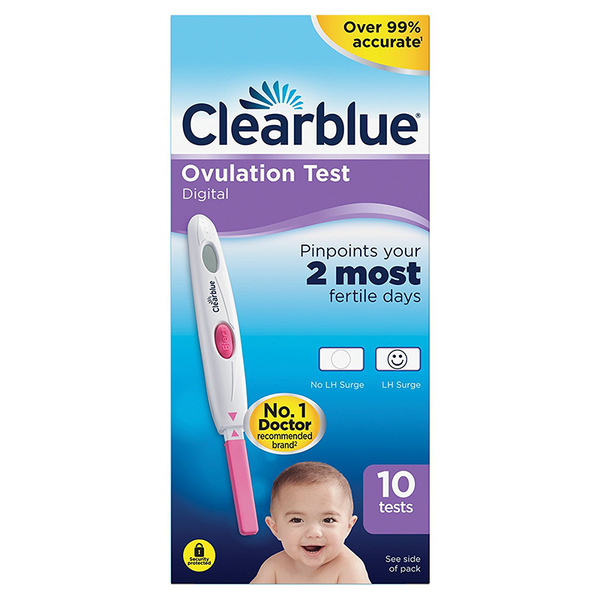
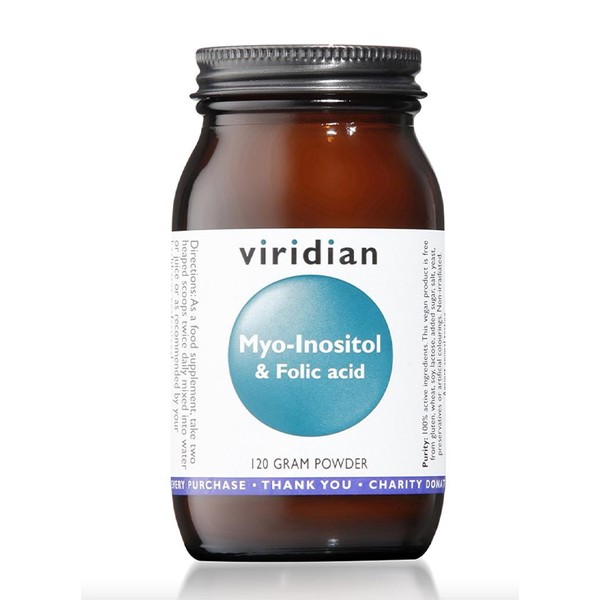
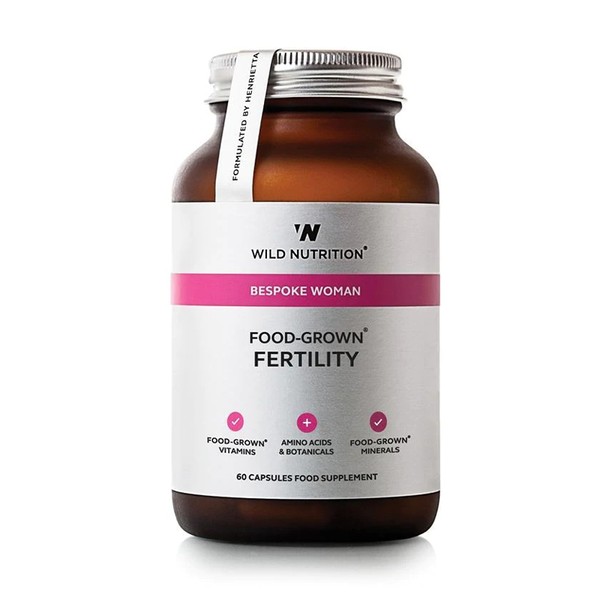
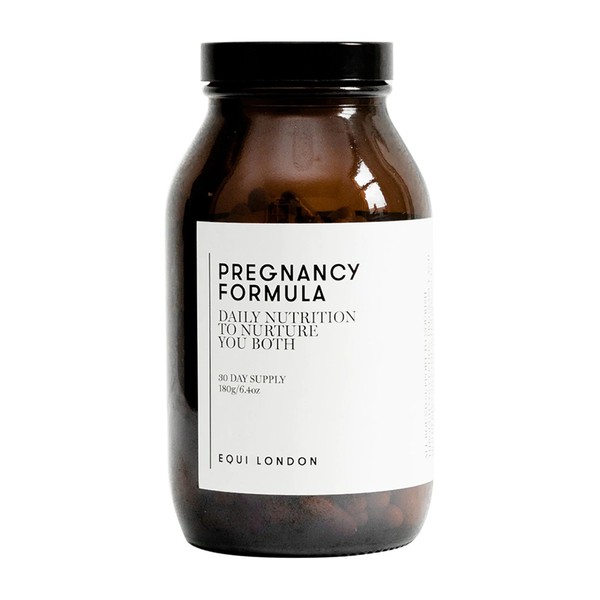
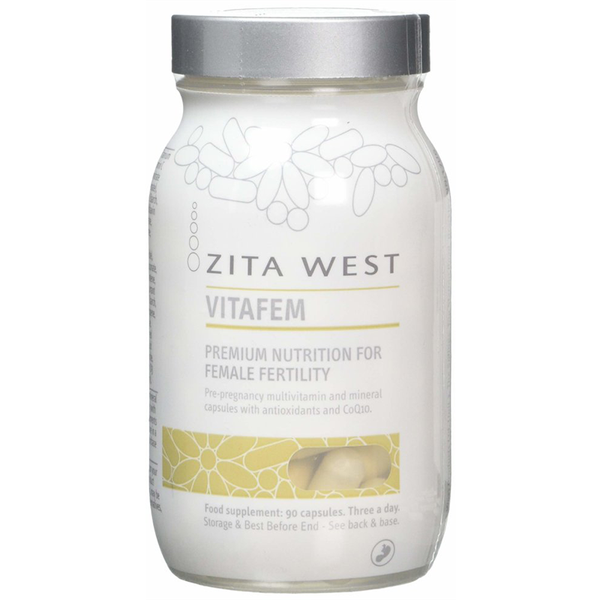
For more information visit DrKaleaWattles.com, HertilityHealth.com & MyOvaCare.com. Also follow @FunctionalFertility, @Hertility_Health & @MyOvaCare
DISCLAIMER: Features published by SheerLuxe are not intended to treat, diagnose, cure or prevent any disease. Always seek the advice of your GP or another qualified healthcare provider for any questions you have regarding a medical condition, and before undertaking any diet, exercise or other health-related programme
DISCLAIMER: We endeavour to always credit the correct original source of every image we use. If you think a credit may be incorrect, please contact us at info@sheerluxe.com.
